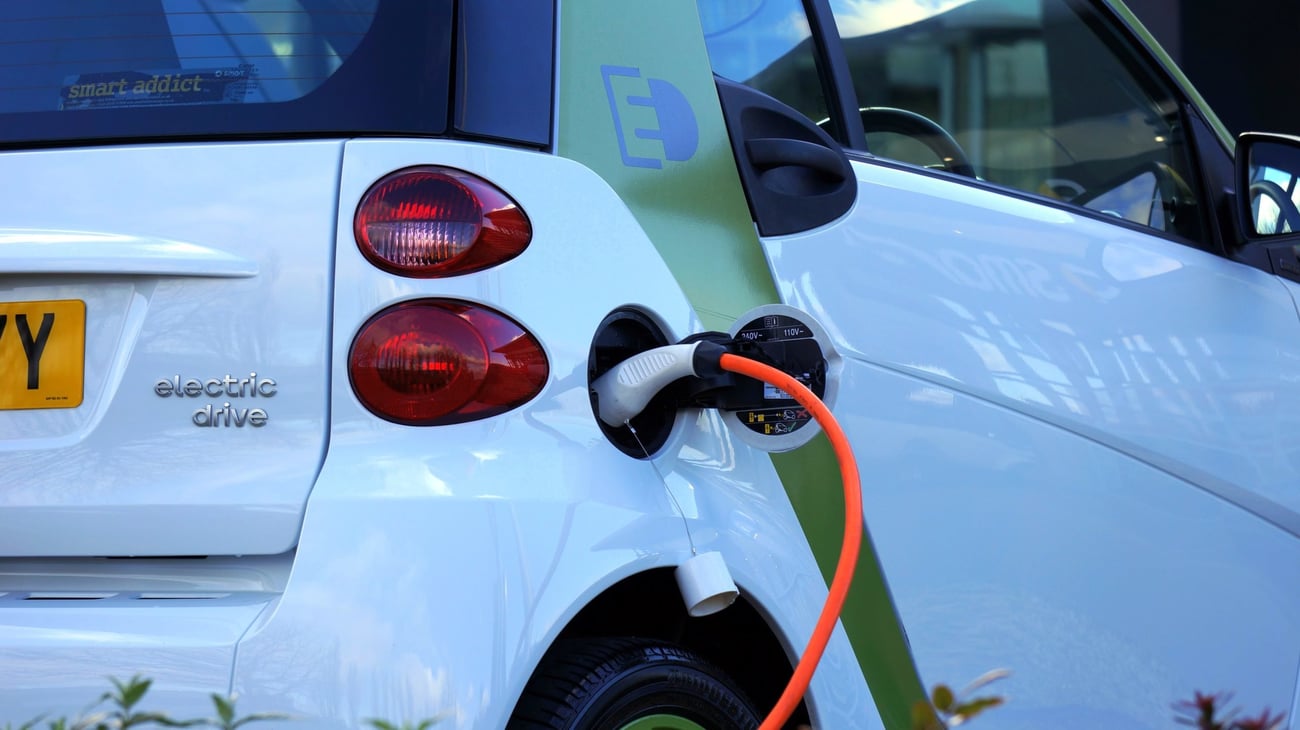EECA is continuing to promote electric vehicles – but is there trouble ahead?

Electric vehicles.
You’ve only read about 6,873,215 articles about them recently, and have more than likely had more than a few boozy evenings debating whether or not they will, in fact, one day replace petrol-powered things with wheels.
The Energy Efficiency and Conservation Authority (EECA, or Te Tari Tiaki Pu?ngao) – the government agency that works to improve the energy efficiency of homes and businesses in Aotearoa, and encourage the uptake of renewable energy – has announced a third round of funding for its “Low Emission Vehicles Contestable Fund.”
The funding can be boiled down to three themes: electric, electric, and more electric.
For instance, there’s $402,000 for Tourism Holdings to “convert an electric van into a campervan, invest in charging equipment working with holiday parks, and develop dedicated travel itineraries with charging stations at 100km intervals. Beyond this project they aim to have 20 electric campervans on the road within one year.” There’s also the oddly-specific $11,693 for Kaitake Farm “to purchase an electric van for delivering organic vegetables in the Taranaki area, to showcase the suitability of electric vans for such tasks in the region whilst operating from a rural base.” Or the equally oddly-specific $427,937 for Foodstuffs North Island and $399,575 for Foodstuffs South Island to install electric vehicle charging stations at 29 New World, Foursquare and Pak’nSave supermarkets, including in Kawerau, Matamata, Pirongia, Hokitika, Motueka, Westport, Reefton and Blenheim. Oh, and let’s not forget $249,975 for NZ Golf and Chargemaster to “work with 20 golf courses nationwide to install medium speed charging stations. These will be available to the public, not just club members. This project will assist in increasing the coverage of charging infrastructure in various areas.”
Alright, so Electric Vehicle Madness seems to have taken over the Land of the Long White Cloud, with no signs of abating anytime soon. That’s in line with the Government’s plan to reduce the negative impacts of climate change and reduce New Zealand’s emissions, of course – not to mention plans by other nations worldwide (like the UK) to phase out petrol-powered vehicles entirely (moves obviously being vigorously opposed by nations with fossil fuel-dependent economies such as Saudi Arabia and Russia).
But are we powering up towards a more sustainable future, or speeding towards the same problems? Consider: as global electric vehicle production ramps up, the price of 21 kilogrammes of cobalt – the amount of the metal that’s usually needed to power car batteries – has jumped from under US$600 to about US$1,700 in just 16 months, according to Bloomberg. CNN has also reported on the alarming rise, and includes this concerning line from Andries Gerbens, a cobalt specialist at Darton Commodities: that there are “questions about whether there will be enough critical raw materials” to meet the auto industry’s needs as electric vehicle production rises.
There’s also the issue that much of the world’s cobalt comes from nations that are among the world’s worst human rights abusers, including such places as the Democratic Republic of the Congo. Some argue that the rise in use of cobalt could be helping to economically prop up the regimes in those nations and perpetuating the human rights abuses and war crimes. Others, however, argue that it could actually help with development, and improve people’s living situations.
Yet EECA seems undeterred by the concerns. After all, this is the third round of recent renewable energy funding that has focused almost exclusively on electric vehicles and electric vehicle infrastructure, with previous grants including such things as $190,939 for Europcar to purchase electric vehicles for its rental fleet.
Private enterprise seems to be following EECA’s lead in New Zealand, too – Jucy has just announced they’ll be trialling electric campervans that will be built in Aotearoa.
Obviously, this is a better solution than continuing to rely on fossil fuels. But as with any technology, there are always unintended consequences.




